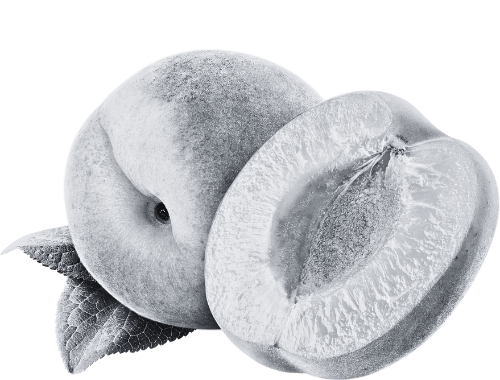Sexually transmitted infections are one part of sexual health, but that’s not all! Any aspect of health or healthcare that is related to sex and reproduction is about sexual health: menstruation, common infections like yeast or bacterial infections, birth control and abortion, health conditions like endometriosis, PCOS or phimosis, vaccinations, pain with sex, safer sex and other preventative sexual health practices and yep, STIs, too.
Sexual Health

Highlighted content
How Not to Get Pregnant: Five Things You Can Do to Most Effectively Prevent Pregnancy
- Heather Corinna
Articles and Advice in this area:
- Heather Corinna
Birthright is one of many antichoice/pro-life organizations (like CareNet, Heartbeat International or the NIFLA) which supports a certain kind of pregnancy “help,” and we would not recommend anyone go to one of the centers affiliated with them, which they help fund, or others like them; even women…
- Sarah Riley
Condoms are always a good choice for sex (no matter how many times you have or haven’t done it) because they are the only contraceptive choice that also provides STI protection. Even if one has not been sexually active in the past or refers to themselves as a “virgin” (which can have a TON of…
- Sarah Riley
There is no one, very-best-in-the-entire-universe condom that is going to be best for everybody the first time or the 10th time or the 100th time. So, I’m afraid we can’t give you one solid answer for that. However, I think I can offer a few suggestions that might make choosing one a bit easier…
- Susie Tang
This is called condom failure. You treat the situation as if you did not use a condom. You cannot rely on the condom to protect you against pregnancy or infections. First, you retrieve and properly dispose of the slipped condom. Sometimes, if the condom slips off, it gets stuck in the vagina or…
- Heather Corinna
Yeast infections actually get their start in the intestinal tract, not in or on your genitals. Small amounts of yeast are normal and healthy in the body, but when certain factors cause that yeast – specifically candida albicans – to overgrow, that’s when you wind up with a yeast infection, which…
- Heather Corinna
You know, hormonal birth control often reduces or inhibits sexual desire or arousal for the person using it, too. For some people, pretty substantially. It does so because of what it does to a body hormonally: the only way condoms inhibit arousal or libido is if a guy using them (or opting not to)…
- Heather Corinna
For birth control pills to be effective in preventing pregnancy, they have to be used correctly and consistently. Taking a birth control pill after sex won’t do anything to prevent pregnancy. And yep: it can sure make you feel a little loopy and confuse the heck out of your cycle. In order for your…
- Heather Corinna
Honestly, people need some from of preventative reproductive health care. Can you live without it? Some people can, but that is a gamble, and if you look at people in nations without any, you can get an idea for how that really just isn’t often healthy. Too, once you become sexually active it is…
- Heather Corinna
While it’s common for women – especially young women – to feel pain or discomfort with sex, it’s not “normal” in that it has to happen or there isn’t an alternative. Sex is not supposed to hurt: it’s supposed to feel very good. If you’re bleeding after sex every time, and it’s also not feeling…
- Susie Tang
The instructions on every packet of condoms I have ever seen (including condoms in countries outside the United States) clearly state that once the man has ejaculated, he needs to withdraw and dispose of the condom promptly. Proper withdrawal means you grip the ring firmly, pull out completely and…



